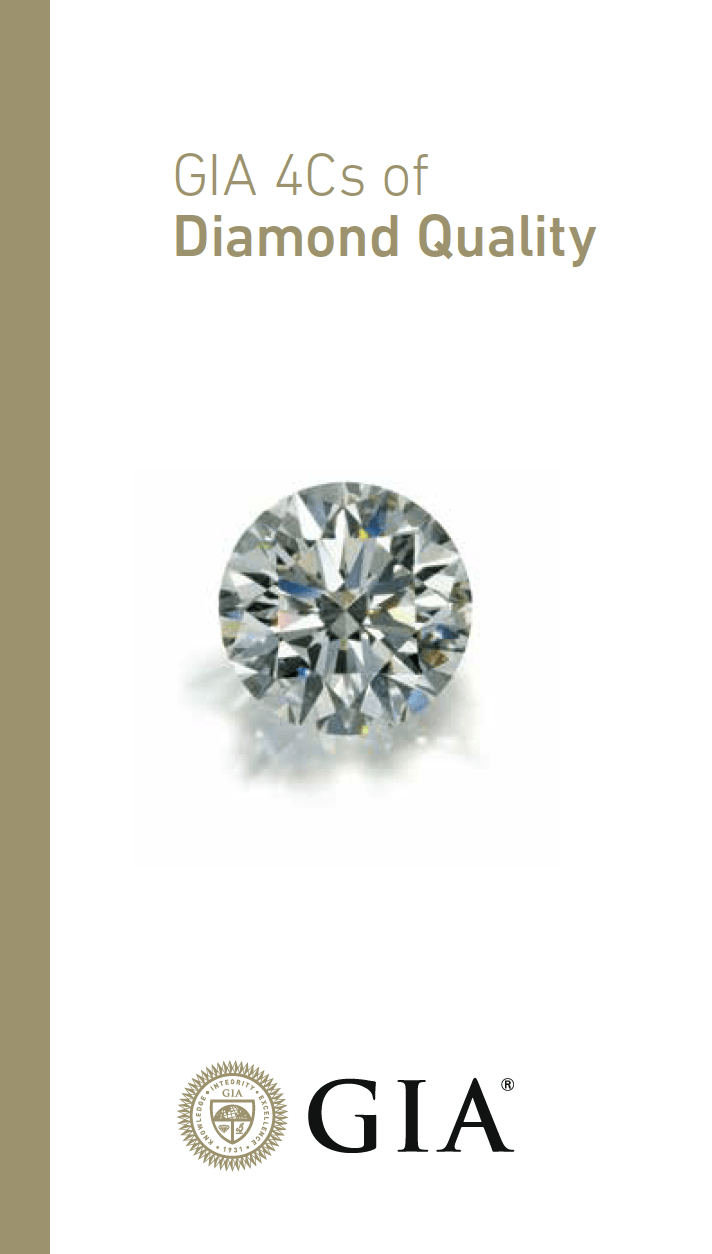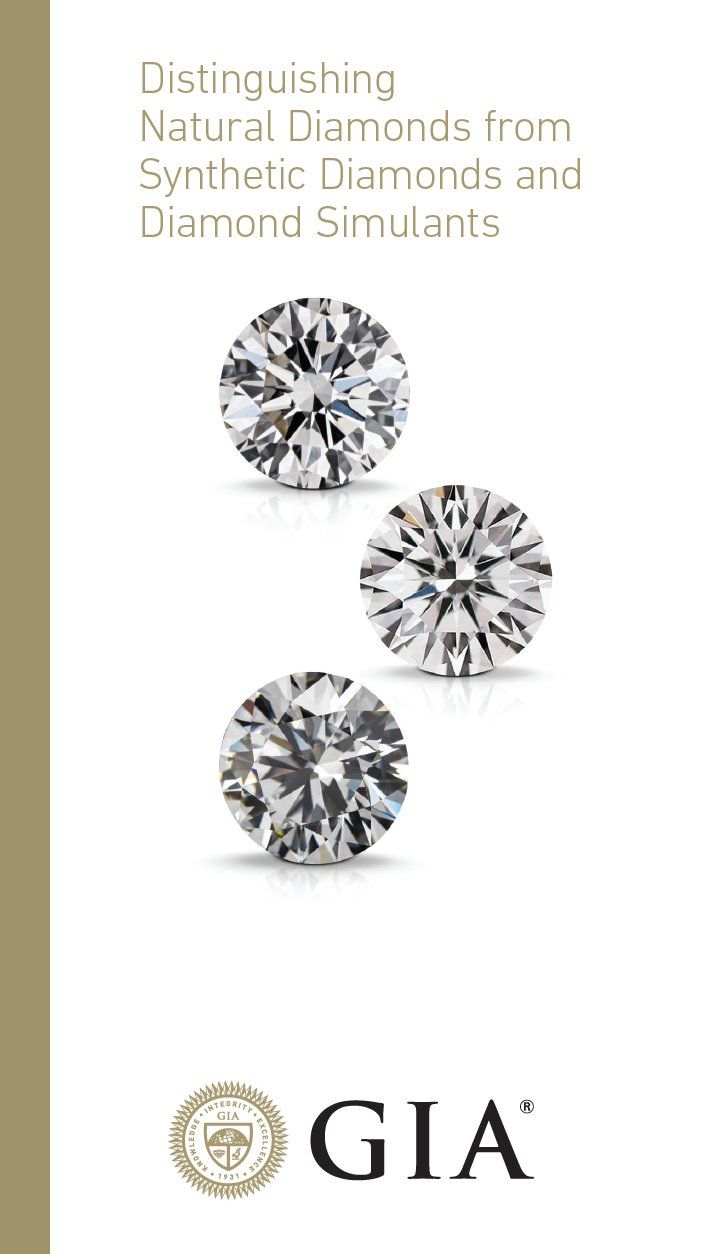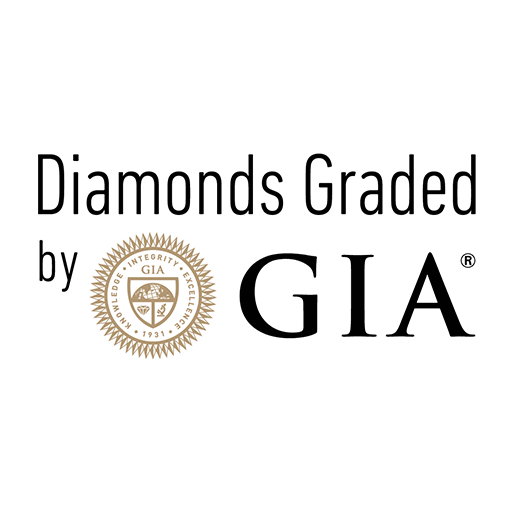PRECIOUS METAL
GUIDE
Gold
Gold is a magnificent and undoubtedly the most loved precious metal across the globe.
Gold is measured in karats with pure gold being 24 karat. In its purest form (24ct), gold is too soft to use for jewellery. Gold is often mixed with other metals to increase its strength or change its colour. This mixture is called an alloy. The amount of alloys added determine the karat and colour. The most popular alloys in South Africa are 9ct yellow gold, 18ct yellow gold, 18ct rose gold and 18ct white gold.
The value of gold jewellery is partly determined by its gold content. You can recognise the gold content of your jewellery by its hallmark (a hallmark is the official stamp found on precious metal items that indicate the composition of the metal and its purity).
White Gold
White gold is an alloy of gold and at least one white metal, usually nickel, manganese, silver, platinum or palladium. White gold is usually plated with rhodium to provide its distinctive mirror finish. Many people believe that the colour of rhodium plating is actually the colour of white gold. This plating can wear away, revealing the yellow-grey colour of white gold. When this happens, it can be re-plated with rhodium to restore the full brilliance of your jewellery.
Rose Gold
Rose gold is a gold and copper alloy widely used for specialised jewellery. It is also known as pink gold and red gold. Although the names are often used interchangeably, the difference between red, rose and pink gold can be indicated by its copper content. The higher the copper content is, the strong the red colouration usually is.
Which colour would you go for?
Rose, White or Yellow Gold?
They are all very beautiful in their own right, but there are a few things that will help steer you in the right direction:
- Your skin tone;
- the colour of your other jewellery; and
- the gemstone you’ll be using in the jewellery piece.
If you’re still not sure which colour to go for, our design team will gladly advise you.
Platinum
Platinum is one of the rarest and most expensive precious metals. Naturally white, platinum will not fade or tarnish, keeping its natural white colour forever. Platinum is also a very strong metal and while it does have a tendency to scratch it is much more durable than other softer metals. Its purity makes it hypo-allergenic and ideal for those with sensitive skin. Similar to gold, the purity of the metal is expressed in parts per 1000 and can be identified through its hallmark. The standard in South Africa for all platinum jewellery is 95% purity. South Africa is the leading producer of platinum.
Palladium
Palladium is another metal in the platinum metals group and has similar properties and characteristics. It is a durable, naturally white metal that resists corrosion. Like platinum, palladium is also hypoallergenic. It is harder than gold, but softer than platinum, and can be used in its near pure form. Palladium is less expensive than its platinum counterpart and is easier to size and polish.
Silver
Silver is a soft, white, lustrous metal and is used in currency, ornaments and jewellery. Sterling silver is an alloy of silver containing 92.5% pure silver and 7.5% other metals, usually copper. Sterling silver is not likely to be used with diamonds or other precious gemstones due to its softer state. Sterling silver’s affordability makes it the perfect option for lower cost jewellery pieces on its own or with semi-precious stones.
Other Metals used for Jewellery
Stainless Steel
Stainless jewellery can be (but is not always) made without nickel, making it suitable for those allergic to nickel.
Stainless steel is a relatively hard and durable metal. It is similar in appearance to silver and will not tarnish, which is why it is used increasingly in jewellery. Stainless steel does not have the same shine, lustre and elegant appeal as other metals and is therefore more suitable for chunky jewellery and men’s jewellery.
Titanium
Titanium is a natural element which has a silver-greyish-white colour. Titanium is the hardest natural metal in the world. It is three times stronger than steel and much stronger than gold, silver and platinum, yet is very light in weight. Pure titanium is also 100% hypoallergenic which means it will not react to your skin.
Titanium cannot be soldered and thus cannot be resized. It is also very difficult to cut off of the finger in the case of an emergency. Titanium is not malleable enough to be formed into intricate patterns, therefore it is usually only used for men’s wedding bands.
If you have any question about the quality, the uses, the pros and the cons of metals when used in jewellery please contact us at info@pearlanddiamonddesigns.co.za
You Might Like
-
4C's Brochure
4C's
Brouchure - PDF
-
Gem Cleaning
Gem Cleaning BrouchureGem Cleaning
Brouchure - PDF
-
Products
Natural vs Synthetic
Brouchure - PDF
Clearwater Mall
- Mon, Tue, Wed, Thu, Sat
- -
- Friday
- -
- Sunday
- -
Enquiries
GENERAL ENQUIRIES
info@pearlanddiamonddesigns.co.za
CUSTOMER SERVICE
Info@pearlanddiamonddesigns.co.za
Newsletter
We will get back to you as soon as possible
Please try again later





